Causation
This is a central concept that shapes historical thinking and understanding. The focus on why events occurred or why people acted as they did as well as the results these acts engendered is a fundamental focus within history. We cannot consider significant individuals or events without investigating motivation. Why did they act as they did? Why did this event occur? What were the consequences of these actions? This concept will allow children to create connections and construct informed responses by tracing the ripples through time. This concept is also linked to chronology where it helps children to recognise change across time. Read more
Sort by:
Date (Newest first) | Title A-Z
Show:
All |
Articles |
Podcasts |
Multipage Articles
-

Addressing the issues of knowledge, skills and understanding
ArticleClick to view -

Ancient Sumer
ArticleClick to view -

Assessment and Progression without levels
ArticleClick to view -
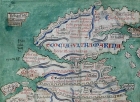
Britain's settlement by Anglo-Saxons and Scots
ArticleClick to view -

Developing disciplinary knowledge: how and why castles and forts developed
ArticleClick to view -

Film: What's the wisdom on... Causation
ArticleClick to view -

Getting to grips with concepts in primary history
ArticleClick to view -
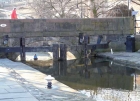
History in the Urban Environment
ArticleClick to view -
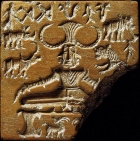
Investigating the Indus Valley (2600-1900 B.C.)
ArticleClick to view -
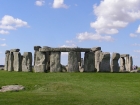
Stone Age to Iron Age - overview and depth
ArticleClick to view -

The Anglo-Saxons and the Vikings: push, pull, cause and consequence
ArticleClick to view -

The Elizabeth cake
ArticleClick to view -

The Great Fire of London and the National Curriculum
ArticleClick to view -
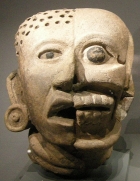
The Maya: a 4,000-year-old civilisation in the Americas
ArticleClick to view -

To boldly go: exploring the explorers
ArticleClick to view -

Viking and Anglo-Saxon struggle for the kingdom of England
ArticleClick to view

